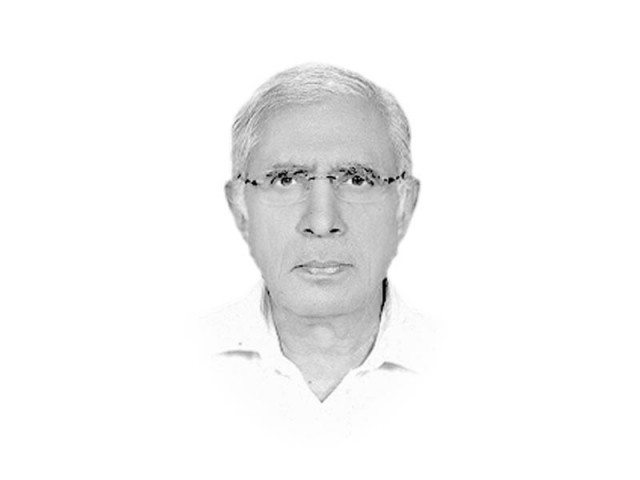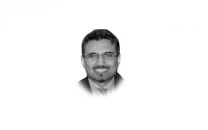A gross editorial misjudgment
Decision to first reveal Rimsha's name, later unveil her face without realising consequences is one of those blunders.

The decision taken by most of us to first reveal the name of Rimsha and then later unveil her face without realising the consequences for the victim in the current hate-filled environment of religious obscurantism, I think, is one of those blunders of editorial judgment that we have come to commit routinely, taking pride as well in being first with the news or going one up in the mad race of breaking news. Perhaps, it was compulsions of competition — perhaps, the thought that ‘what if I did not and the others did’ — that made us all take such a decision. But situations like these could be easily avoided if all of us could sit together and agree to a bare minimum code of ethics. Most of us who work in the media are from the middle and upper/lower-middle classes usually brought up steeped in middle class cultural values, which normally do not disagree with religious values. So all of us, without exception, irrespective of caste, creed, colour, race or religion — know what is culturally acceptable and what is not in our society. And what should be avoided at all costs.
For example, we all know an obscene or vulgar depiction when we see one. Indeed, all those who attended the two consultative meetings organised recently (on the Supreme Court’s directive) by Pemra to find a universally acceptable definition of ‘obscenity’ and ‘vulgarity’ went round and round in circles debating the issue but could not put their fingers on any specific diversion in their respective definitions of these terms. The only divergence that has so far emerged is on the issue of who has the authority to define these terms. According to one section, the Islamic provisions of our Constitution accord this authority to the Council of Islamic Ideology (CII). Those who disagreed with this position argued that it was the media’s responsibility to define these terms keeping in view our society’s cultural values, which though constantly undergoing change, would hardly ever dare take liberties with universal Islamic values.
The Council was set up in 1962 to Islamise the laws that ordain our lives. But despite the passage of 50 years, we are still living overwhelmingly under Anglo-Saxon laws. Indeed, the CII has a formidable task ahead and faces a more serious challenge to be wasting its time on such trivial matters like defining the terms ‘obscenity’ and ‘vulgarity’, which perhaps, corrupt no more than five to 10 per cent of our media time and space. Sure, the media needs to consciously and conscientiously try to minimise its occurrence as much as possible without, of course, undermining the artistic licence that allows depiction of evils in our society in a manner that is acceptable to a vast majority of our society. Many among us associate ‘obscenity’ and ‘vulgarity’ partly with women’s emancipation —what they wear and how they behave in public. But can anything be more vulgar, more obscene and more un-Islamic than poverty, illiteracy, honour killings, persecution of minorities and the phenomenon of blowing up of mosques, shrines and schools?
Published in The Express Tribune, September 19th, 2012.













COMMENTS
Comments are moderated and generally will be posted if they are on-topic and not abusive.
For more information, please see our Comments FAQ